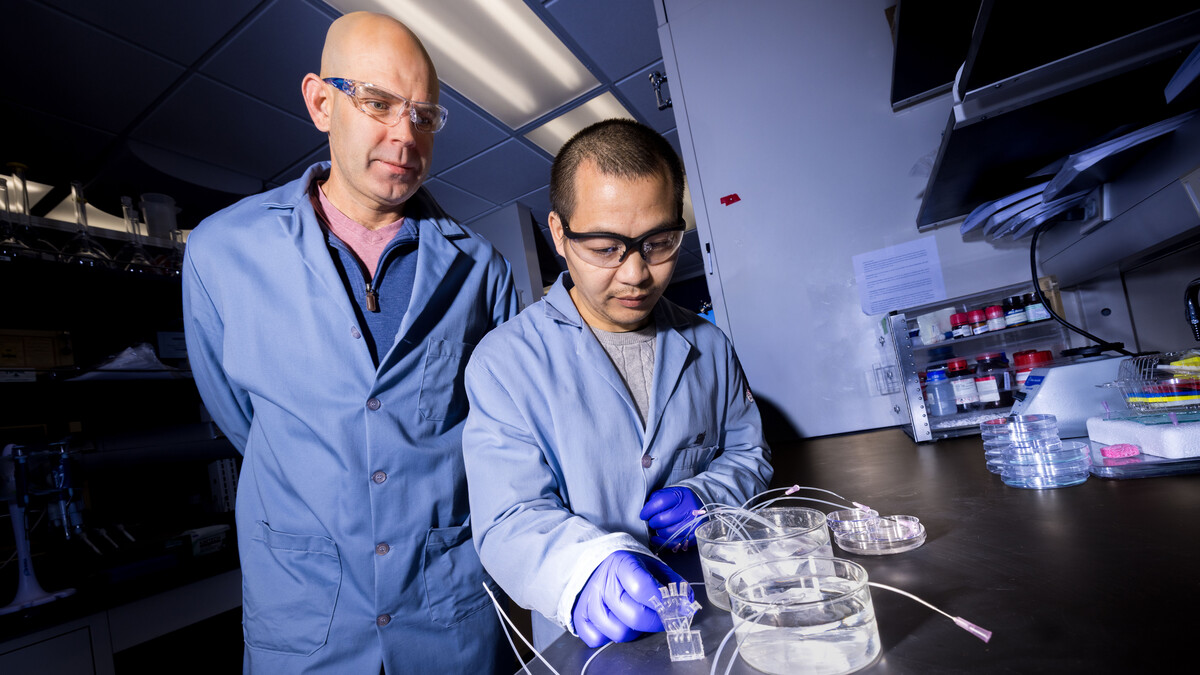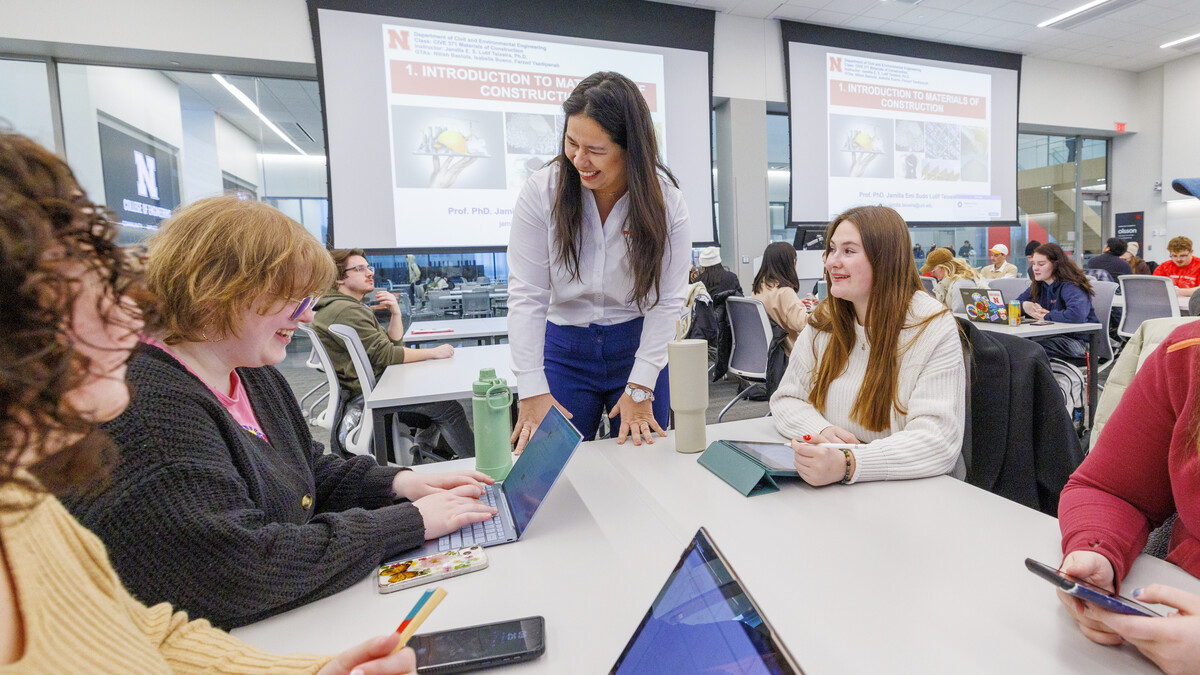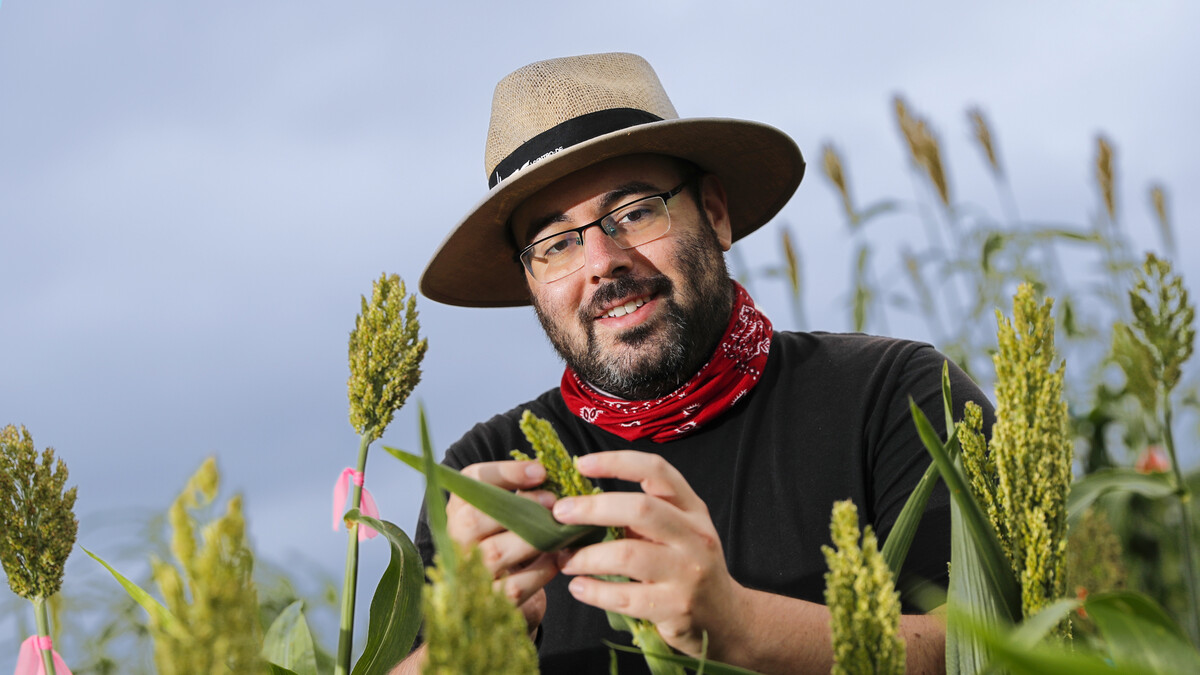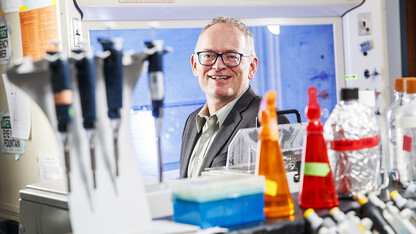
The Dining Services leadership team has long prioritized sustainability in dining options and services.
That’s why the Babylon micro-farm in the Selleck Food Court presents such a unique opportunity. It allows Dining Services to serve locally grown organic produce without the added expense of purchasing from another supplier. Additionally, it allows for reduced deliveries to campus, reducing the carbon footprint.
“We’re very interested in growing our own organic lettuces and micro-greens. By using hyper-locally grown produce — meaning it’s grown on campus — we can serve more eco-aware products to our students, as well as continue to pursue some of Dining Services’ sustainability goals,” Dave Annis, director of Dining Services, said.
The micro-farm is controlled remotely by Babylon with hydroponics. There is a constant supply of water and nutrients circulating under the trays of seeds and plants. The bottom of the farm is a large basin containing water and small bottles of nutrients that are released to nourish plants as needed. Babylon watches plant growth from a web camera inside the unit and monitors what the farm needs via an ethernet connection.
“We start the seed packets on the bottom with a dome for a week while the seeds germinate. Then at week two, we move most items into the upper trays for the remainder of their time in the farm,” Gina Guernsey, Selleck Food Court manager, said.
The Selleck staff harvests items from the farm on a weekly and bi-weekly basis. They are currently harvesting pea-shoot microgreens, thai basil, and lolla rosa lettuce to be used in various entrees in Moxie’s Gluten-free Café.
“We love the dual benefit of serving our students healthful, locally sourced produce while also continuing to become more sustainable as we serve the campus community,” Annis said.







